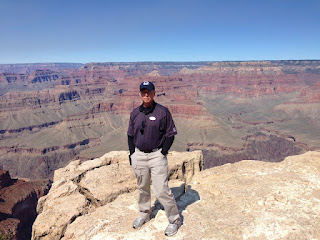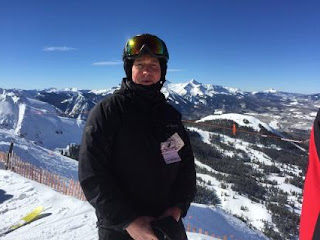James R. Hughes, MD, is a respected medical doctor with a passion for
skiing in his free time. He has enjoyed this hobby throughout his life,
and continues to travel to great ski resorts whenever possible. Skiing
is a very fun recreational activity, but it requires a little
preparation before you can start fully enjoying it. Here are some tips on how to start skiing.
- Find somewhere to rent quality skis, poles, and a helmet inexpensively. Don’t purchase these items until you know you enjoy skiing and are going to continue doing it. Most likely, the resort you choose to ski at will have these items available for you to rent. Research prices ahead of time to avoid sticker shock.
- Book a lesson with an instructor. Skiing is much more difficult than it looks, and you could injure yourself if you attempt to ski without proper training. Many resorts offer fun, basic lessons for adults that will help you learn important techniques in a safe environment.
- Start with a half day of skiing before graduating to full day excursions. Many people underestimate just how tiring skiing can actually be, and find themselves wiped out after just a few runs. Don’t forget to pack some snacks and water as well to keep your body fueled and hydrated.
- If you don’t fall in love with skiing right away, don’t give up. There is a sharp learning curve to the activity, and it can take a while before you have really mastered all the important skills.
With some practice, soon you will be skiing like enthusiasts such as James R. Hughes MD, on the mountain’s most difficult runs.
- Find somewhere to rent quality skis, poles, and a helmet inexpensively. Don’t purchase these items until you know you enjoy skiing and are going to continue doing it. Most likely, the resort you choose to ski at will have these items available for you to rent. Research prices ahead of time to avoid sticker shock.
- Book a lesson with an instructor. Skiing is much more difficult than it looks, and you could injure yourself if you attempt to ski without proper training. Many resorts offer fun, basic lessons for adults that will help you learn important techniques in a safe environment.
- Start with a half day of skiing before graduating to full day excursions. Many people underestimate just how tiring skiing can actually be, and find themselves wiped out after just a few runs. Don’t forget to pack some snacks and water as well to keep your body fueled and hydrated.
- If you don’t fall in love with skiing right away, don’t give up. There is a sharp learning curve to the activity, and it can take a while before you have really mastered all the important skills.
With some practice, soon you will be skiing like enthusiasts such as James R. Hughes MD, on the mountain’s most difficult runs.











